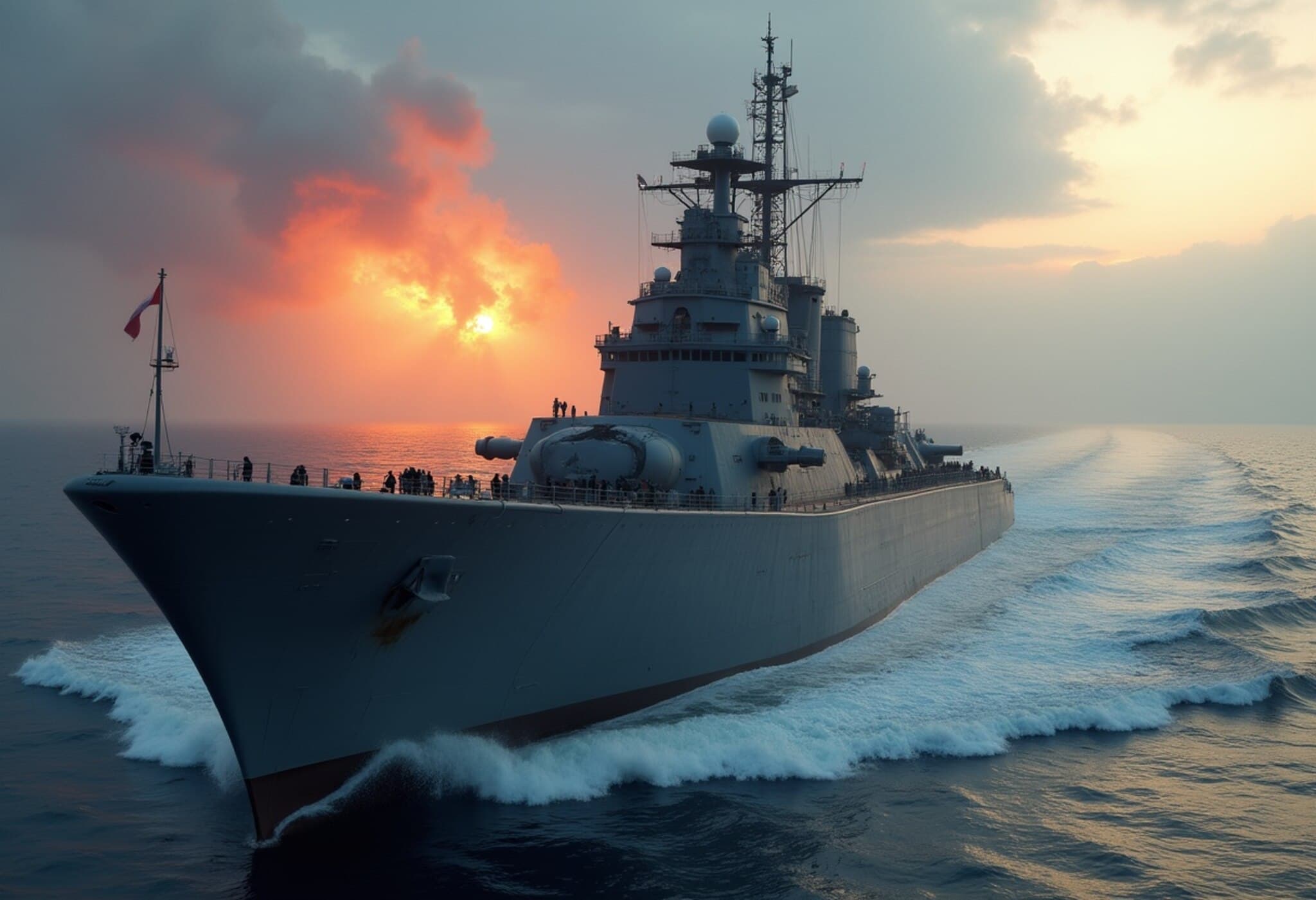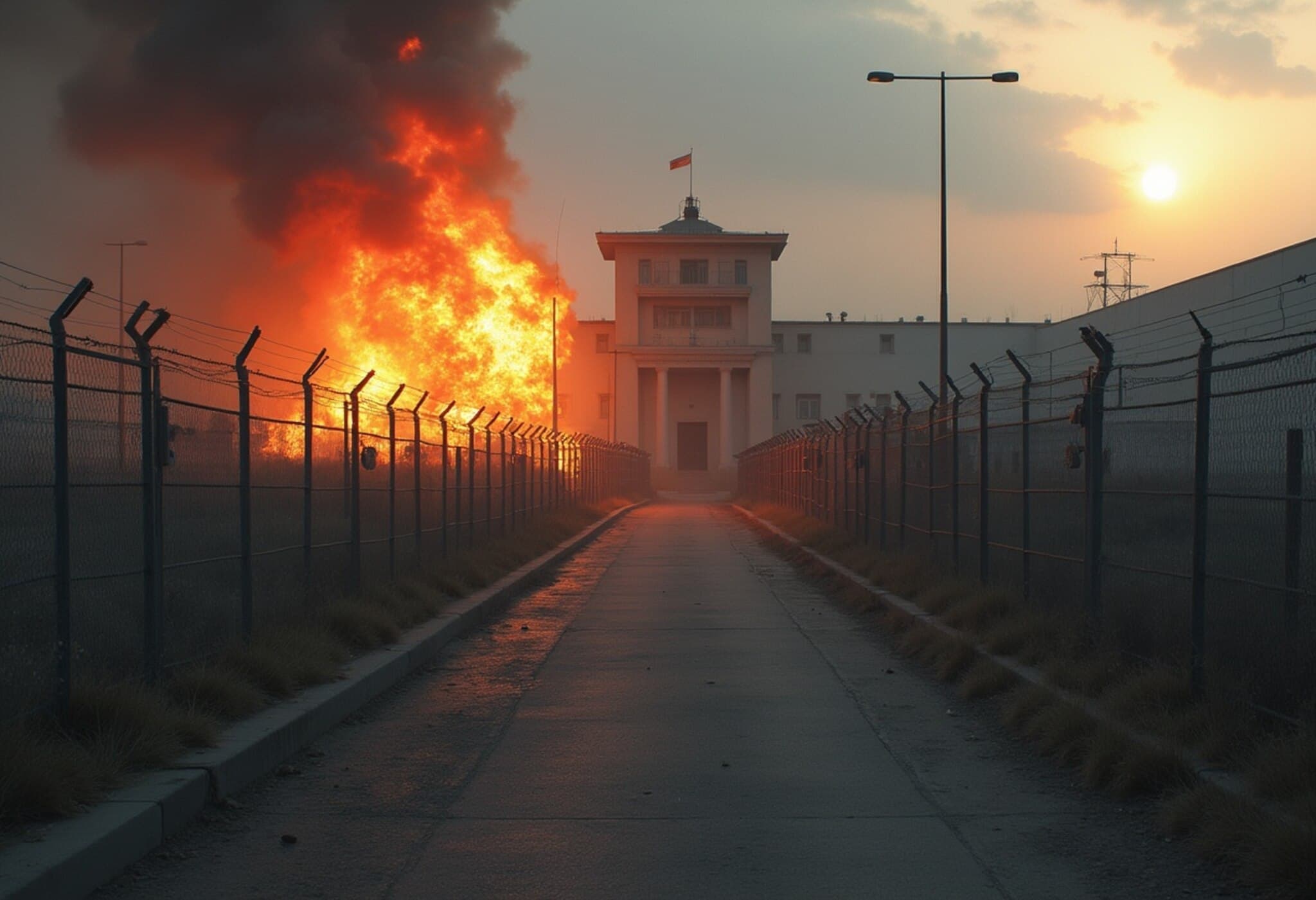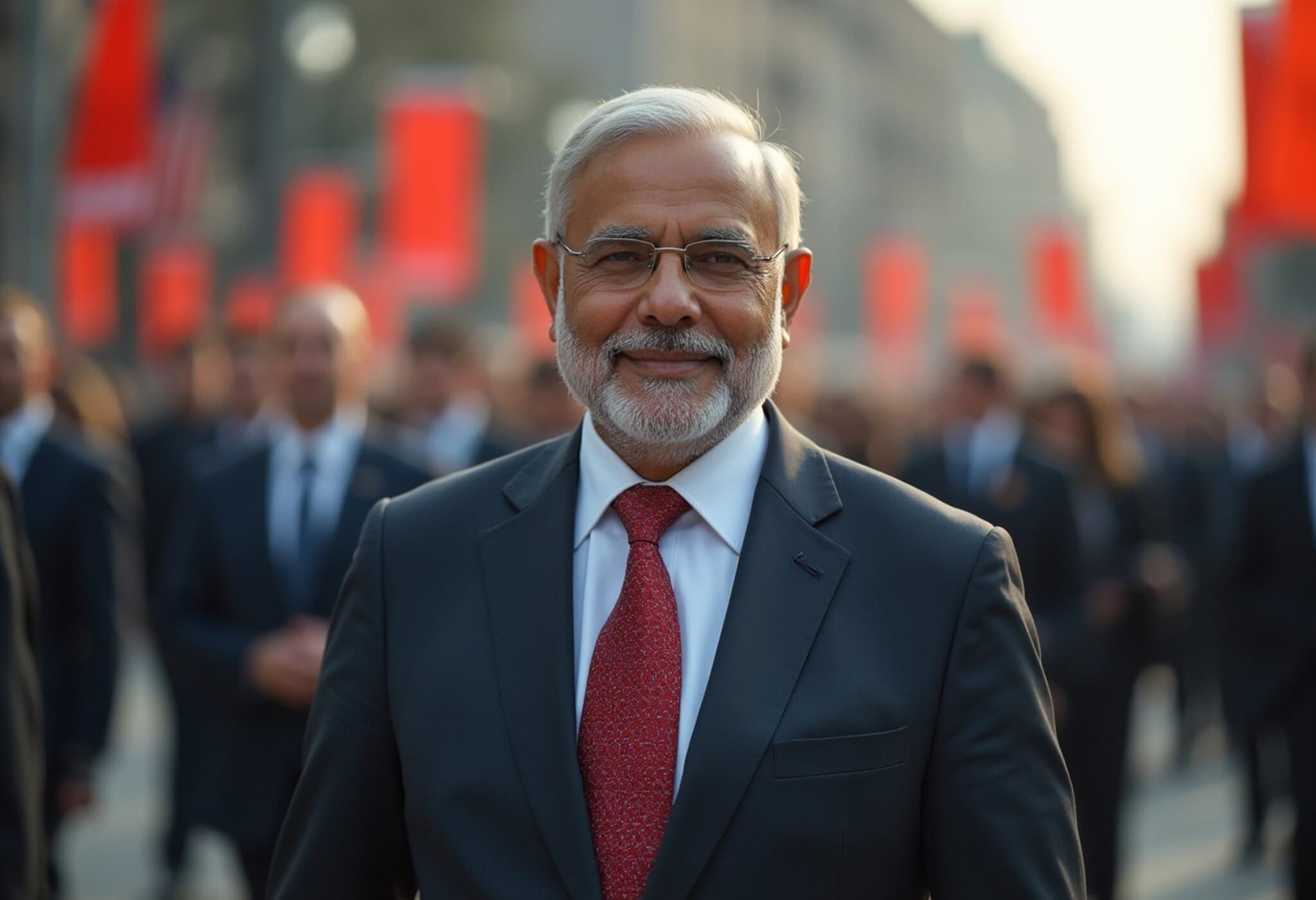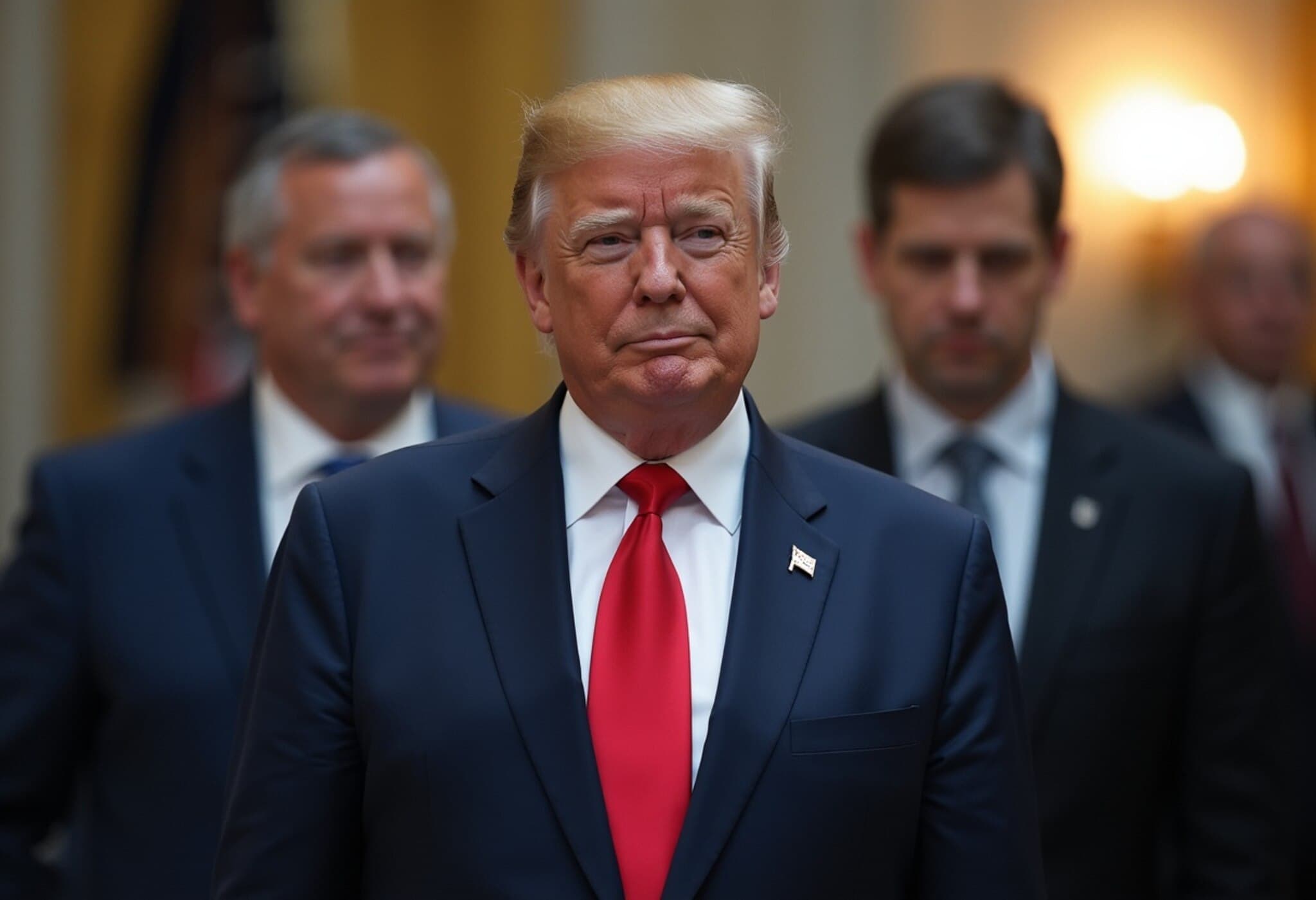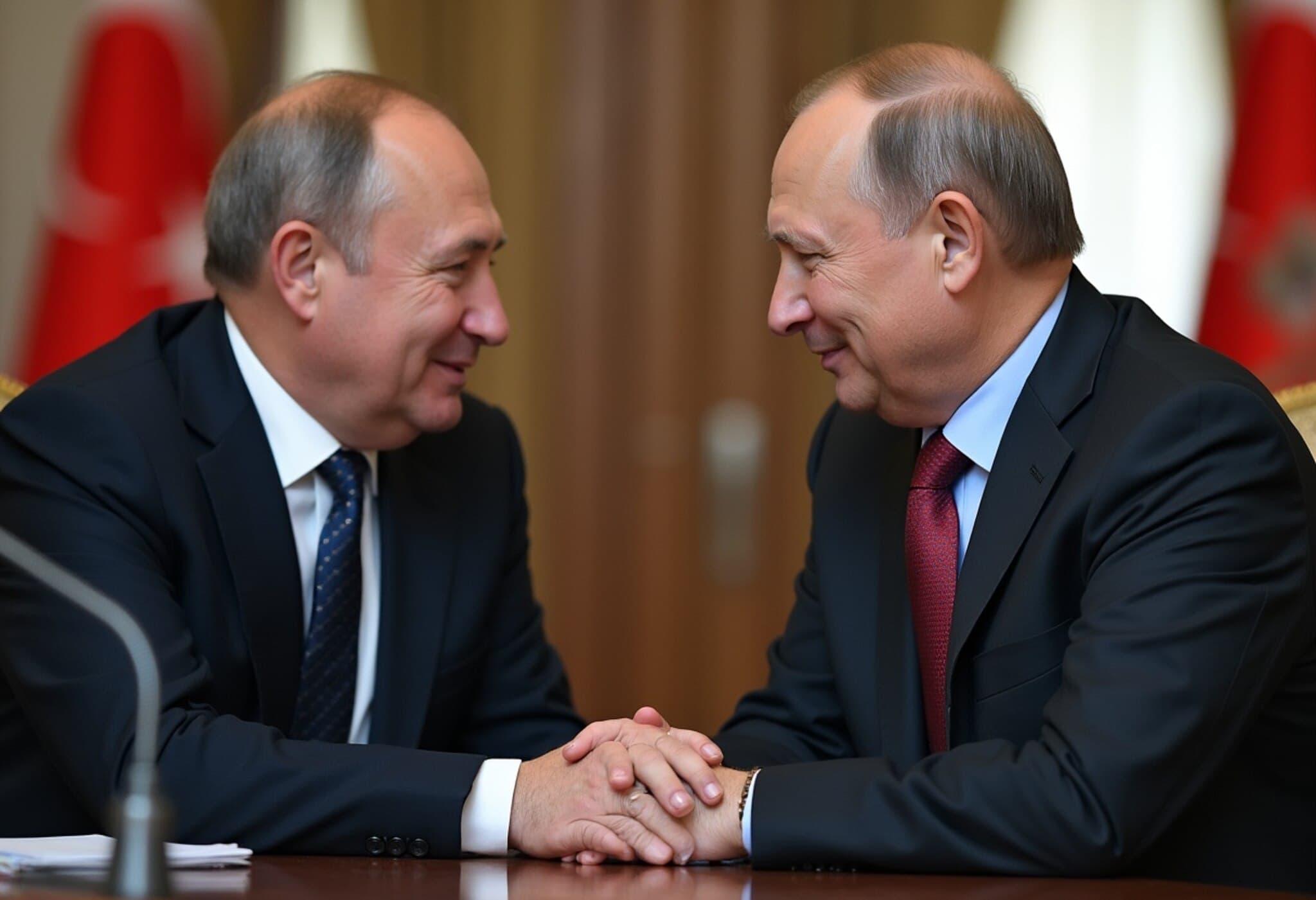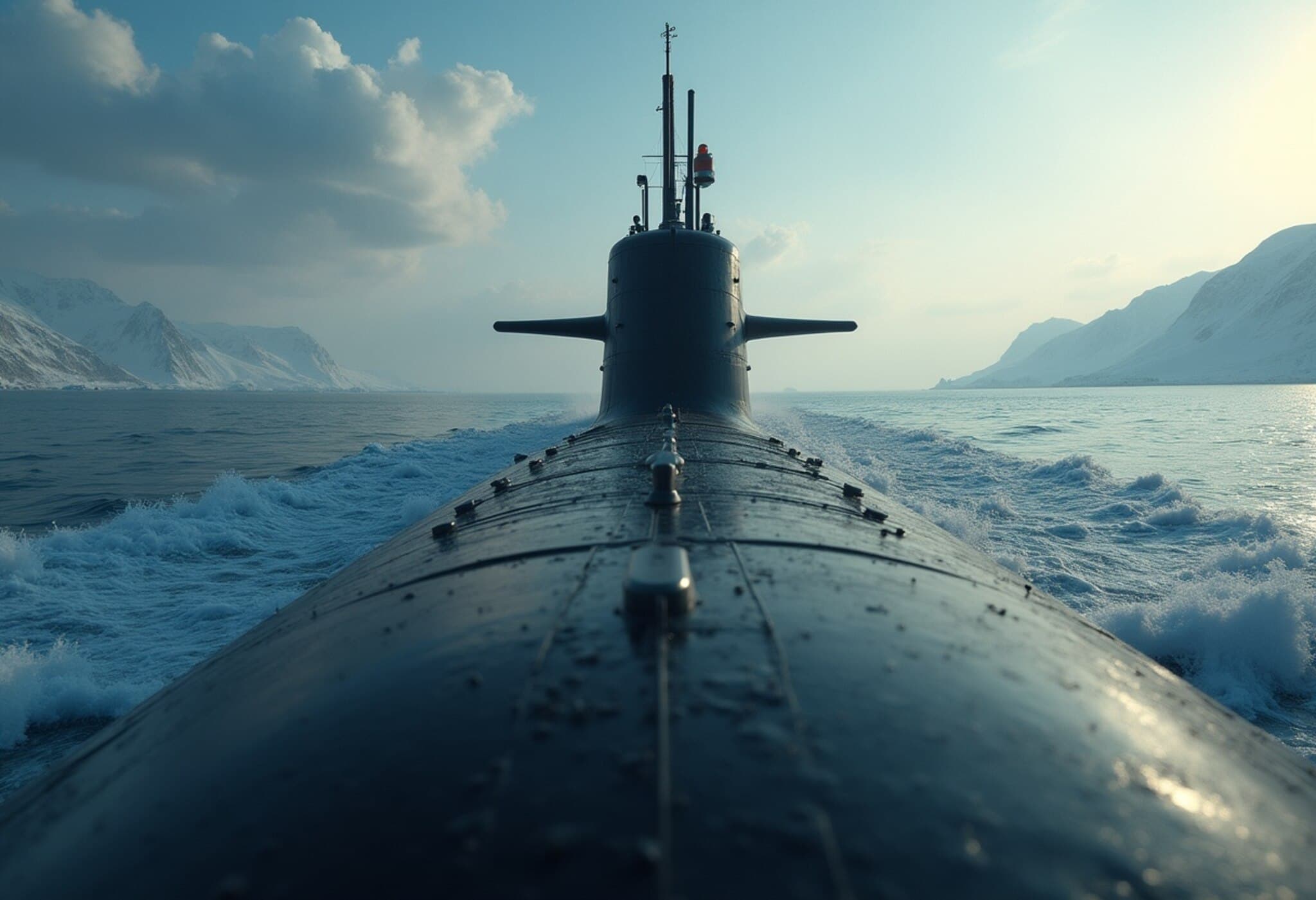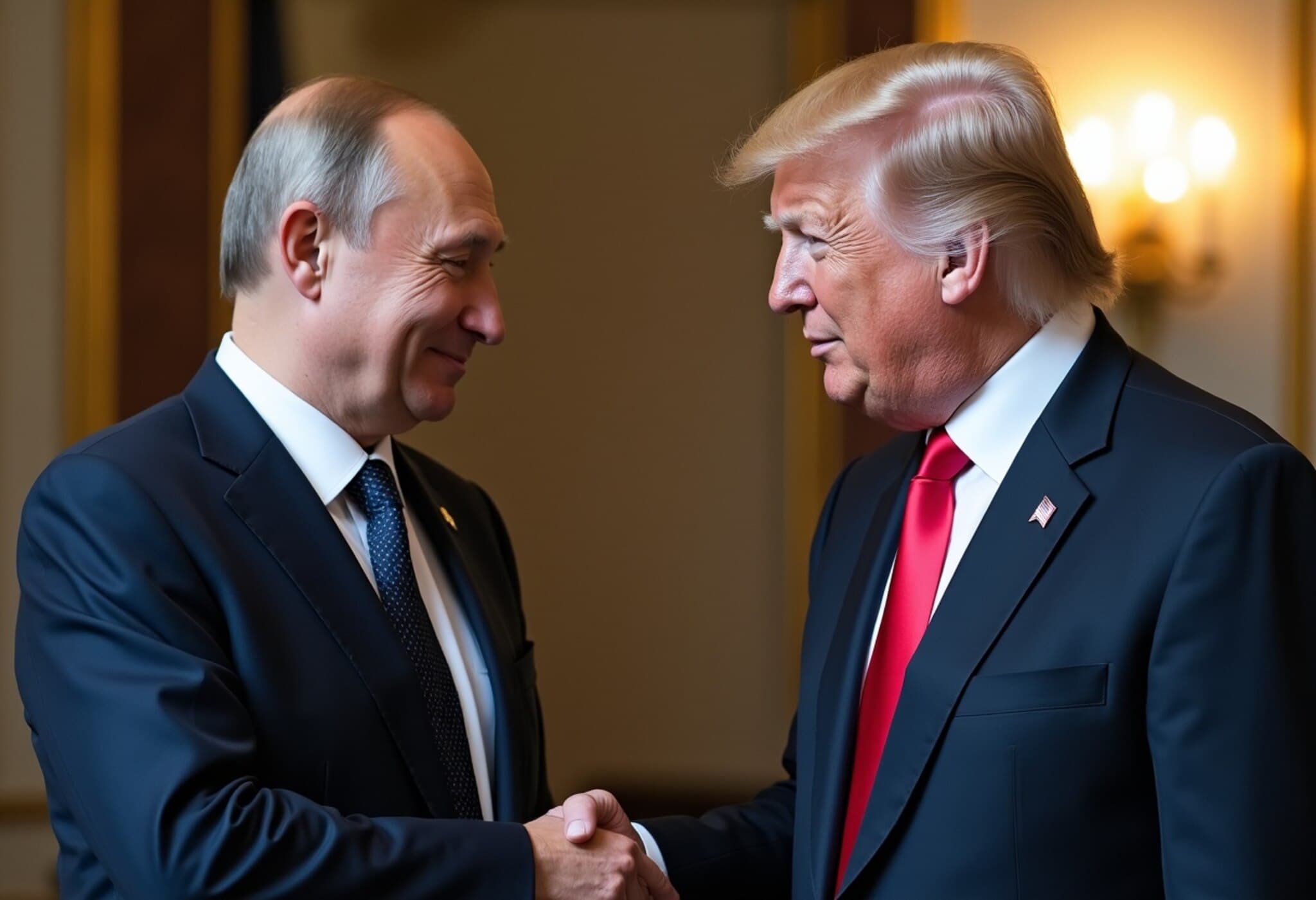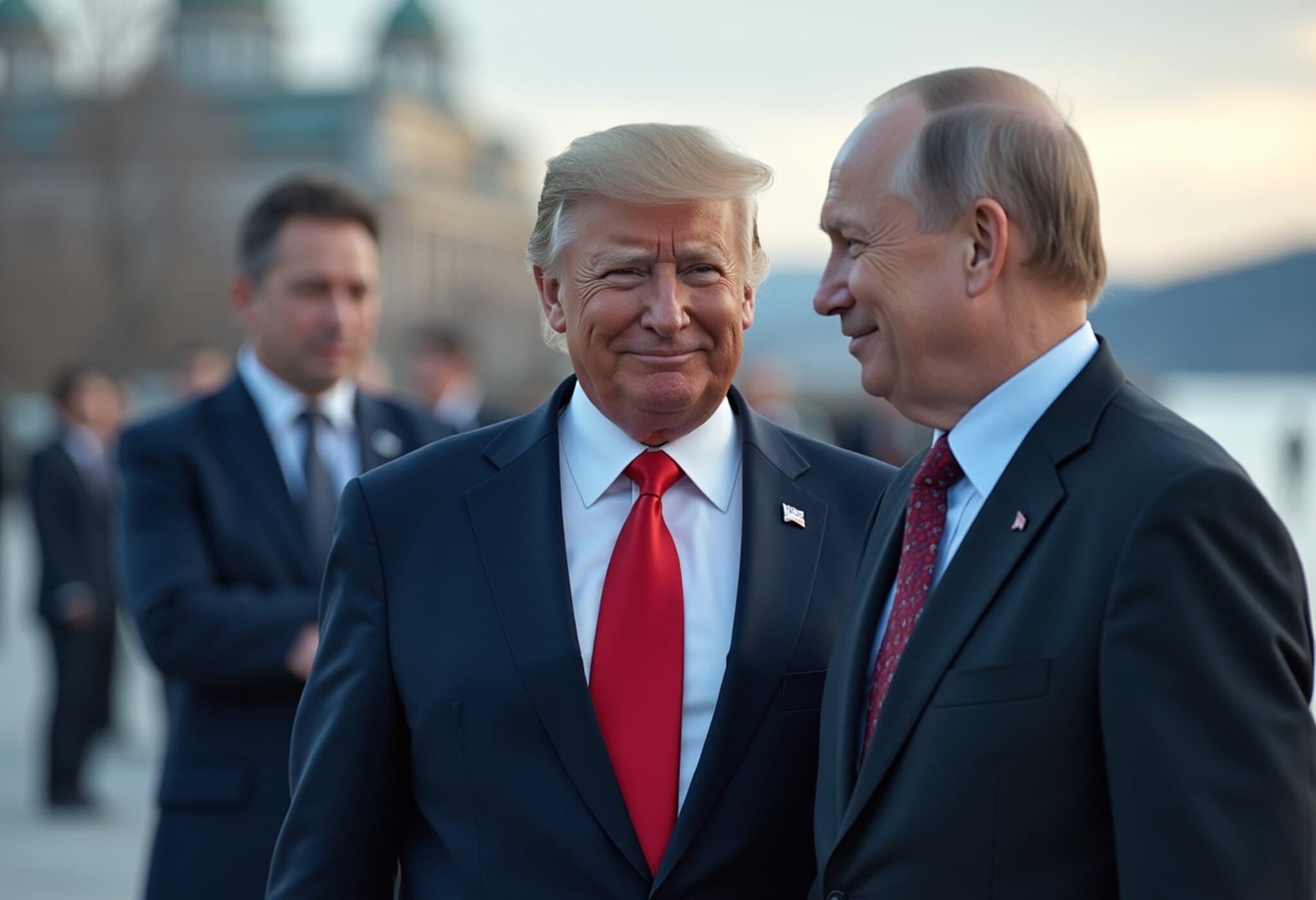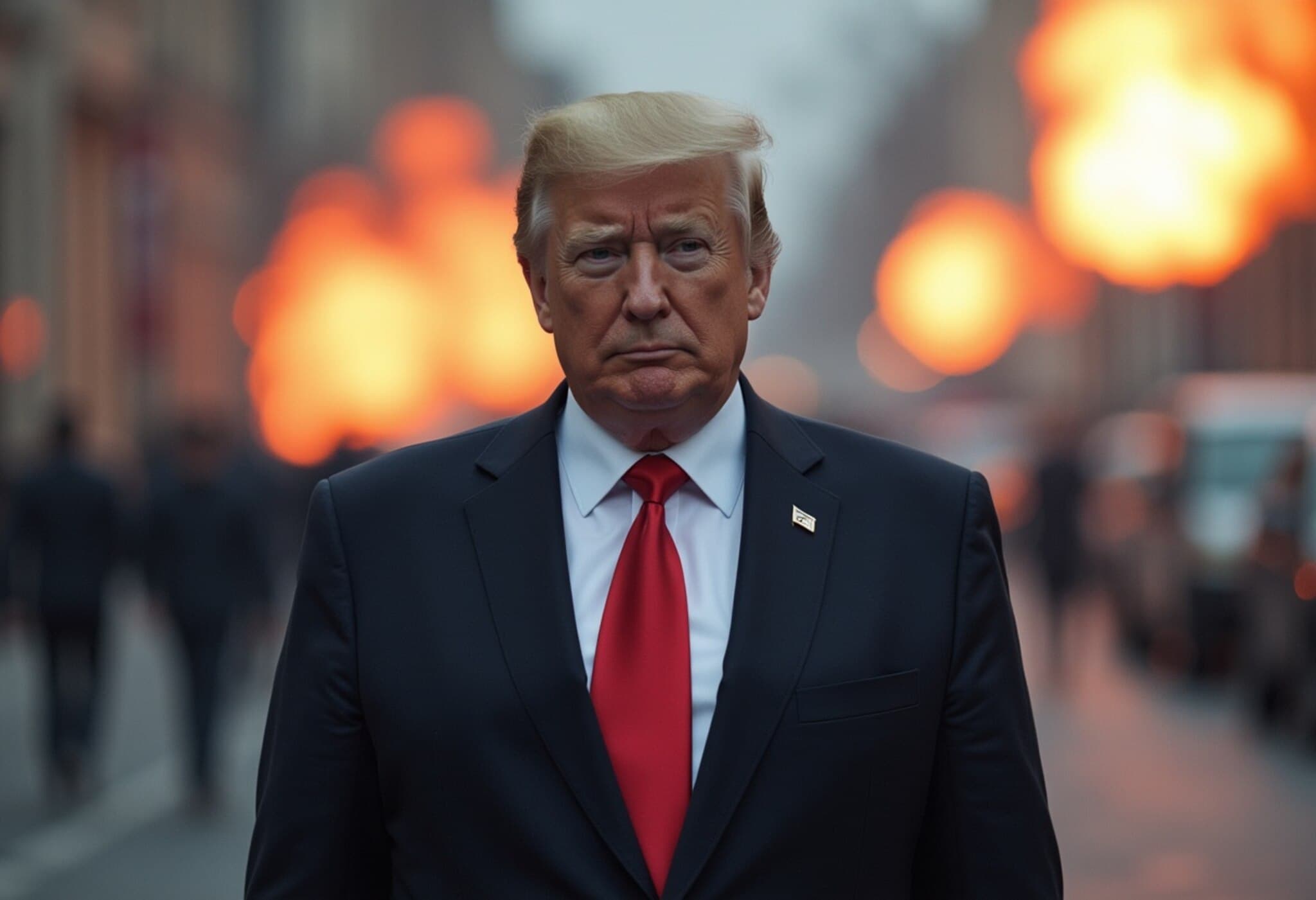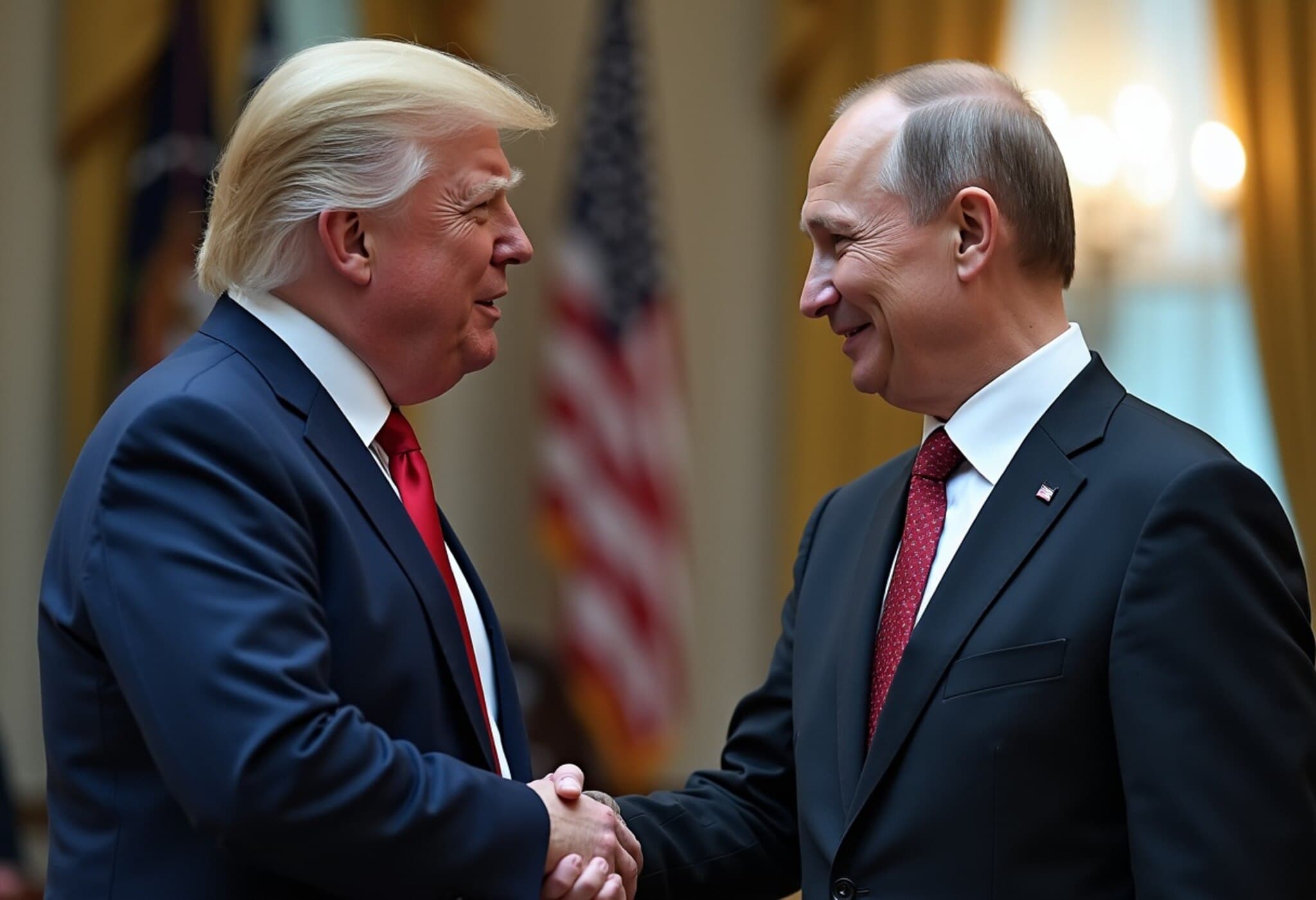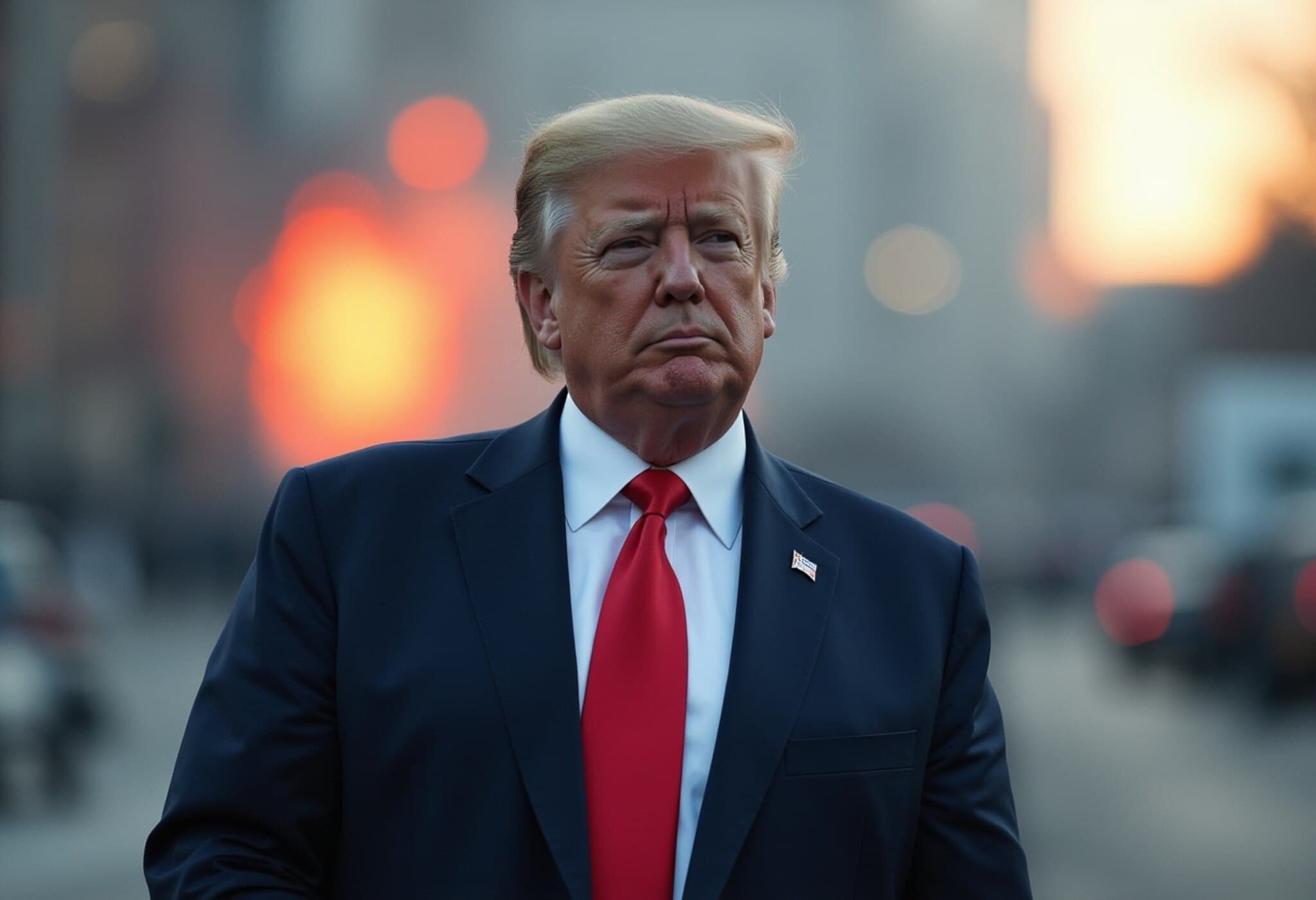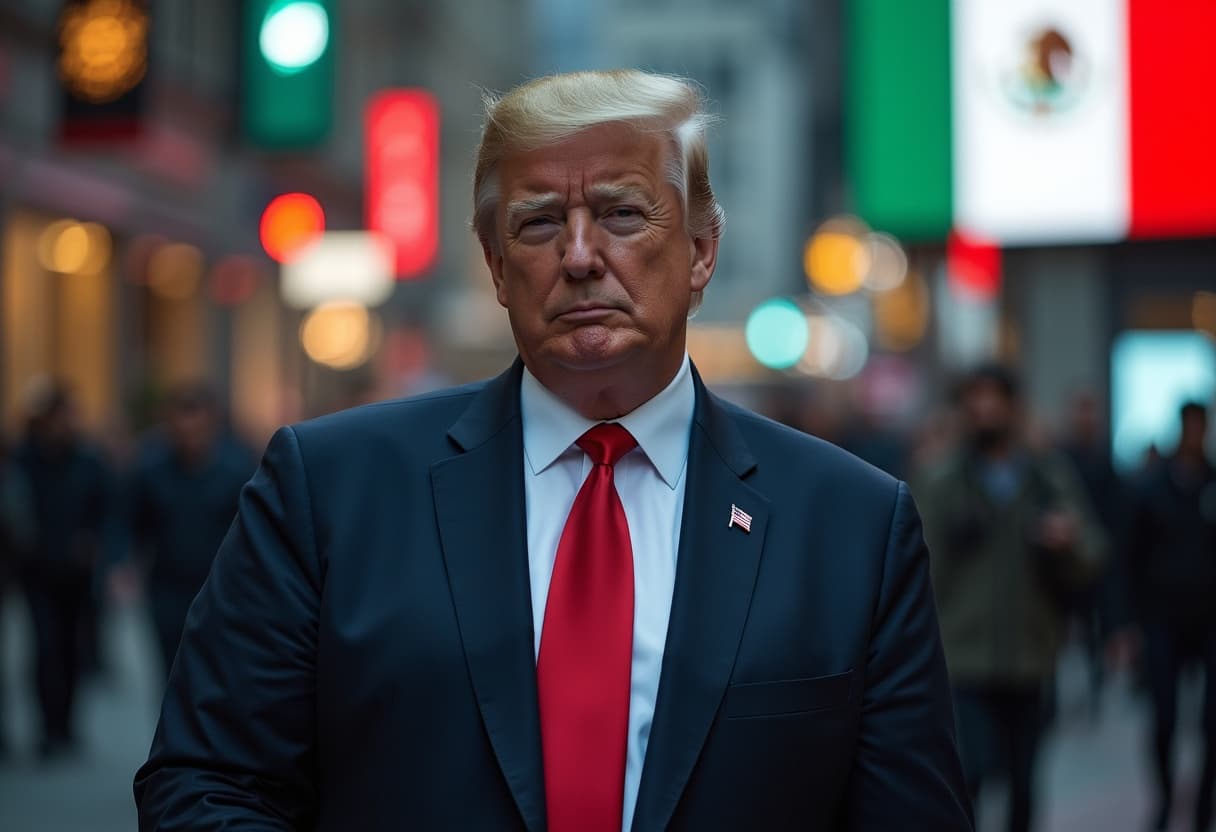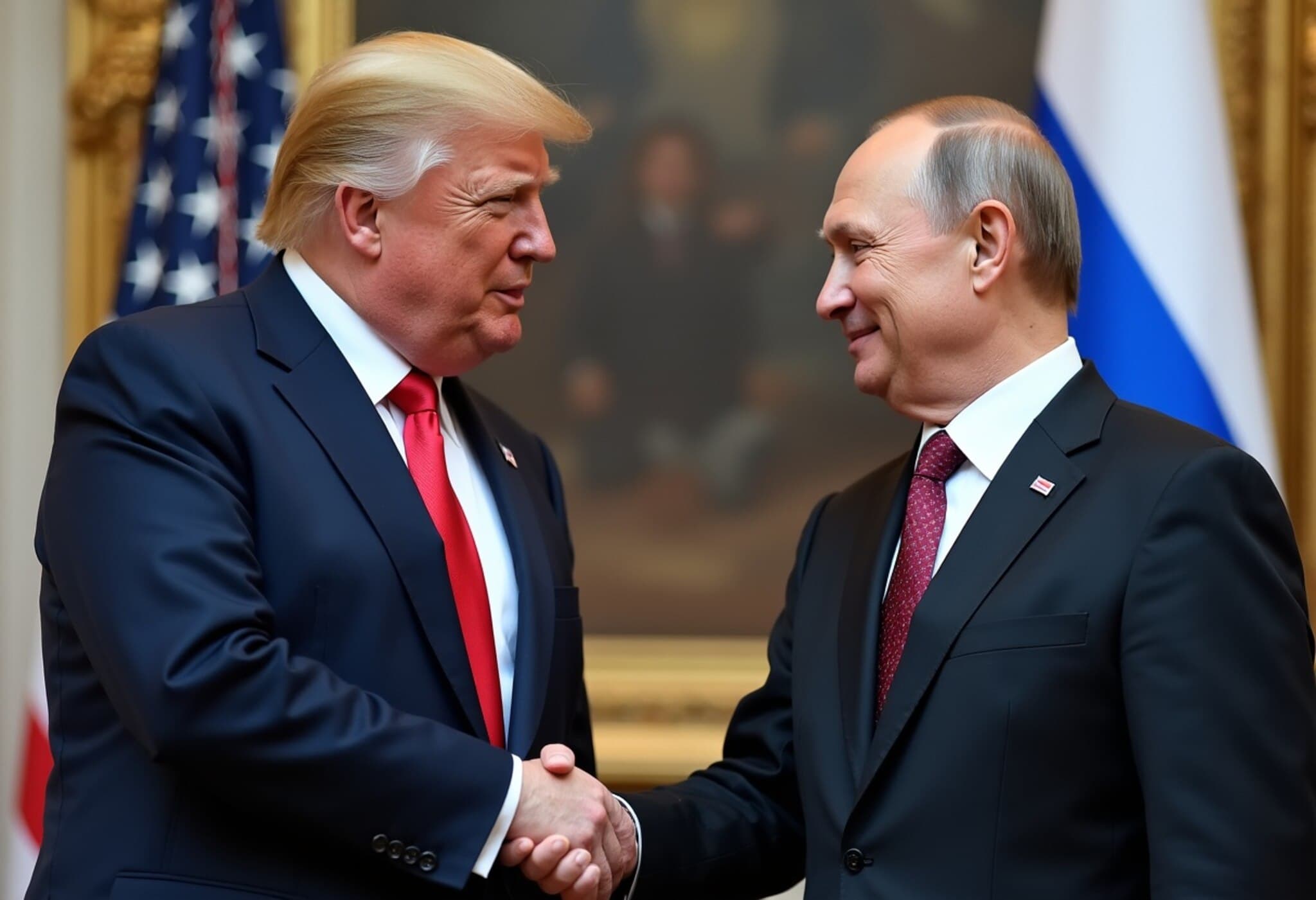Russia Calls for Prudence After U.S. Deploys Nuclear Submarines Closer to Its Waters
In a significant escalation of nuclear rhetoric, the Kremlin has responded cautiously to U.S. President Donald Trump's recent decision to deploy two nuclear submarines nearer Russia's borders. This move follows a provocative exchange of statements with former Russian President Dmitry Medvedev and highlights the fragile state of nuclear diplomacy amid rising geopolitical tensions.
Trump’s Submarine Deployment: A Show of Readiness and Resolve
Last Friday, President Trump announced he had ordered two nuclear submarines to be positioned in "appropriate regions" closer to Russia. While he did not clarify whether the vessels were nuclear-armed or just nuclear-powered, Trump described the deployment as a necessary precaution in light of Medvedev's "highly provocative statements." Stressing the importance of preparedness, Trump told reporters, "We’re totally prepared... and we’re going to protect our people." This move was also framed within the context of looming sanctions against Russia unless Moscow takes concrete steps toward ending the ongoing war in Ukraine.
Kremlin’s Response: Advocating Caution and Highlighting the NPT
The Kremlin's official spokesperson, Dmitry Peskov, emphasized the importance of restraint with nuclear rhetoric, reminding the international community of the Treaty on the Non-Proliferation of Nuclear Weapons (NPT). "Russia is very attentive to the topic of nuclear non-proliferation," Peskov said, urging that "everyone should be very, very cautious with nuclear rhetoric." The NPT remains the cornerstone of global efforts to curb the spread of nuclear arms, with 191 countries committed to preventing nuclear escalation through cooperation and disarmament.
Understanding the Treaty on the Non-Proliferation of Nuclear Weapons (NPT)
Established in 1970, the NPT is designed to halt the proliferation of nuclear weapons, encourage peaceful nuclear energy use, and promote disarmament. The Treaty differentiates nuclear-armed states, which pledge not to assist others in acquiring nuclear weapons, from non-nuclear states, which agree not to pursue such weapons. The International Atomic Energy Agency (IAEA) plays a vital role in monitoring compliance, conducting inspections to prevent misuse of nuclear materials.
Rising Tensions: The Escalating War of Words Between Trump and Medvedev
The latest flare-up began after Trump cautioned Russian officials online to "watch their words." Medvedev, now deputy chairman of Russia’s Security Council, retorted sharply that Trump’s provocations were "a step towards war... not with Ukraine, but with his own country." This verbal sparring underscores the precariousness of the current geopolitical climate, where nuclear threats cannot be discounted.
The Broader Context: Sanctions and the Future of the Ukraine Conflict
Trump’s nuclear posturing coincides with heightened diplomatic efforts to resolve the Ukraine conflict. His special envoy, Steve Witkoff, is scheduled to visit Moscow soon in hopes of negotiating a ceasefire. Trump has threatened new sanctions on Russia, including secondary tariffs targeting China and India should they continue business with Moscow. Meanwhile, Russian President Vladimir Putin remains firm, demanding that Ukraine abandon its NATO aspirations and legitimize Moscow's annexed territories as conditions for peace.
Expert Analysis: The Stakes of Nuclear Posturing in Today's Geopolitics
This exchange signals not just a duel of words but a dangerous tightrope walk around nuclear posture and global security. Experts warn that rhetoric like this risks eroding decades of arms control achievements and destabilizing an already volatile global order. The United States' willingness to deploy nuclear-equipped submarines near Russia can be seen as both a deterrent tactic and a provocative signal, potentially fueling an arms race if dialogue and diplomacy falter.
From a U.S. policy perspective, these maneuvers underscore the complex balance between demonstrating strength and avoiding unintended escalation, especially with the war in Ukraine unresolved. Meanwhile, Russia's appeal to the NPT highlights the enduring importance of international treaties in maintaining strategic stability, even amidst fierce geopolitical competition.
Looking Ahead: What Should the Global Community Watch For?
- Diplomatic Engagement: The outcome of upcoming ceasefire talks could either ease tensions or harden stances.
- Sanctions Impact: How secondary tariffs on nations trading with Russia might reshape global alliances and economies.
- Arms Control Treaties: Whether new negotiations or renewals of existing frameworks will emerge to curb nuclear risks.
- Public Perception and Media: The role of narratives around nuclear capabilities in shaping public opinion and political pressure.
Editor's Note
The unfolding nuclear rhetoric between the United States and Russia illustrates the enduring fragility of global security frameworks in today’s tumultuous international environment. While displays of military strength aim to safeguard national interests, they inherently carry the risk of unintended consequences and escalation.
As this story develops, critical questions remain: Can diplomacy prevail over deterrence? Will the NPT and other arms control agreements retain their relevance amid shifting geopolitical tides? And how should global leaders balance the urgent need for security with the imperative to prevent nuclear catastrophe?
Understanding these dynamics is essential for policymakers, analysts, and citizens alike as we navigate an increasingly complex and dangerous world stage.

